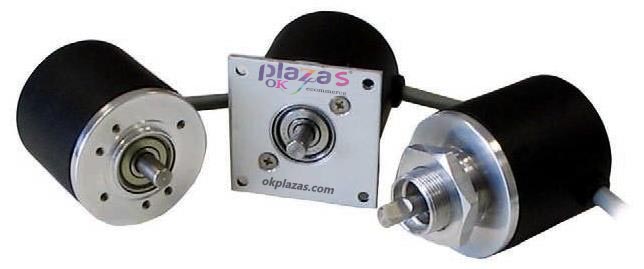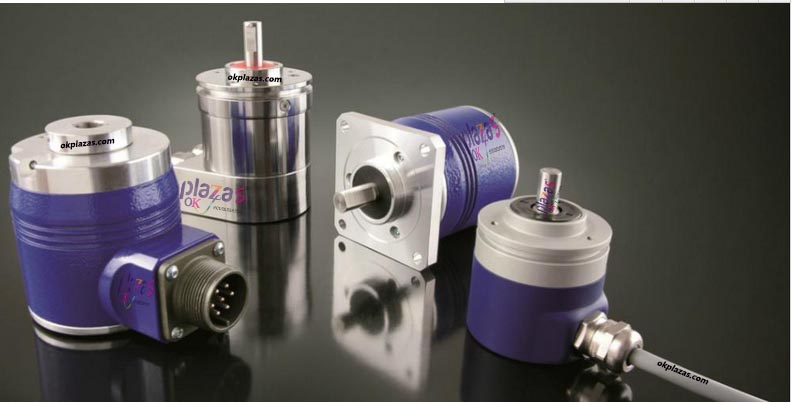Italian Eltra absolute value sensor
Italian Eltra absolute value sensor
Eltra sensor (English name: transducer/sensor) is a detection device that can sense the measured information, and can transform the sensed information into electrical signals or other required forms of information output according to a certain rule to meet Information transmission, processing, storage, display, recording and control requirements.
The characteristics of Eltra sensors include: miniaturization, digitization, intelligence, multi-function, systemization, and networking. It is the first link to realize automatic detection and automatic control. The existence and development of sensors give objects the senses of touch, taste and smell, and make objects slowly become alive. According to its basic perception function, it is usually divided into ten categories: heat sensitive components, photosensitive components, gas sensitive components, force sensitive components, magnetic sensitive components, humidity sensitive components, acoustic components, radiation sensitive components, color sensitive components and taste sensitive components. .
Eltra absolute sensor provides a variety of installation methods: rotating shaft installation or slider installation (supports, flanges, or floating joints can be used) absolute sensor, its measured value is output through a data interface connected to the elevator control system , Then, the control system calculates the current position and issues appropriate instructions to the drive system. The measurement system itself is one of the technical challenges faced by position sensor system developers. To say the least, it is important to provide a high-performance interface for position data transmission to the control system.

Eltra absolute value sensor:
1. Absolute value sensor
EPLA
EPLB
EPLC
EPLT
2. Absolute magnetostrictive sensor
EMSPA
EMSPB
EMSPS
EMSSA
EMSSS
Eltra absolute value sensor application industry:
Motion Control Industry
Synchronous motor/asynchronous motor
Textile Machinery
Steel Machinery
Food and Beverage Machinery
Wind Energy Equipment
elevator
agricultural equipment
Medical equipment
Robot
Brushless Motor
Servo robot
Stone Machinery
Paper Printing Machinery
solar equipment
label machinery
Excavation equipment
Stage design
stepping motor
Crane
Woodworking Machinery
Glass Package Machinery
Automatic rail transport vehicle
oil drilling equipment
plastic rubber machinery
Iltra ELTRA sensor is a rotary sensor that converts the rotation displacement into a series of digital pulse signals. These pulses can be used to control the angular displacement. If the encoder is combined with a gear pin or screw screw, it can also be used for measurement. Linear displacement. After the encoder generates the electrical signal, it is processed by the digital control CNC, programmable logic controller PLC, control system, etc. These sensors are mainly used in the following areas: machine tools, material processing, motor feedback systems, and measurement and control equipment.

Sensor technology includes more than 30 technologies in four aspects: sensitive mechanism, sensitive material, process equipment and measurement technology. With the development of microelectronics technology, sensor technology has developed rapidly, in line with the transformation of automation system management and control integration. Only when the information source capacity is strong and the information is enriched, can informatization better promote the development of productivity. In addition, the broad heavy and chemical industry market enables the consumption of new sensor transmitters in petrochemical, metallurgy, electric power and other industries to meet the requirements of batch industry.
The basic principle of the sensor is that when an elastic element is used to sense force or pressure, the elastic element deforms corresponding to the external force or pressure. The mechanical device is used to amplify and display these deformations according to the law, which is a mechanical sensor. The strain gauge sensor is used to convert these deformations into resistance changes and then measure them.





